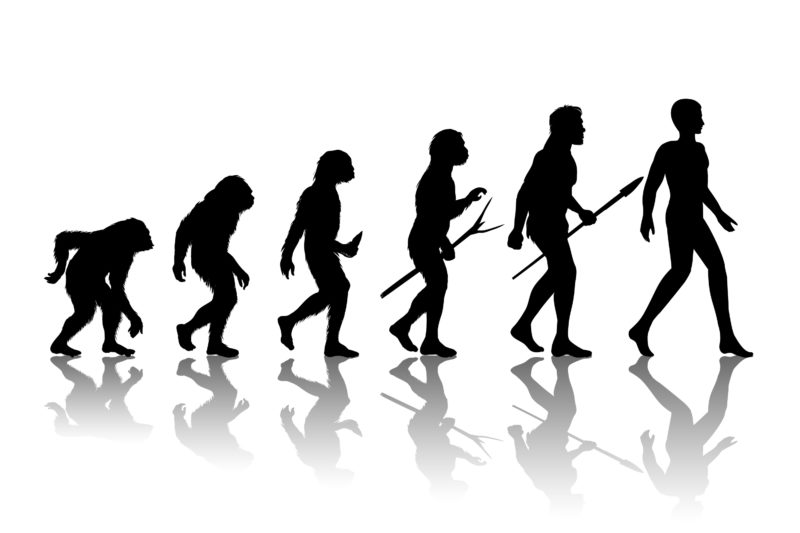
2015 is going to be the year that algorithms powering data-driven experiences will transform how we experience the online world.
Increasingly intelligent algorithms, driven by big data and machine learning, will make decisions around how and what to show to each user and how to keep each user happy and engaged within apps and websites.
Any why not? One of the promises of the internet is the ability to have a direct relationship with each user. Each user can and should have a unique experience, tailored and optimized to their interests. It’s not practical for a human to hand curate a unique experience for everyone (after all there are now billions of humans crawling online web and mobile experiences). However, intelligent algorithms are well-suited to craft uniquely engaging app and web experiences for everyone. Decreases in storage and processing costs are making optimizing consumer experiences for each user a reality across verticals, ranging from commerce to media to religion. The result is going to be a dramatic change in how everyone experiences the online world.
Adding Common Sense to Algorithms
However, we shouldn’t just surrender our marketing and customer engagement entirely to algorithms. A single human understands language, images, and sounds better than any sophisticated computer. And that will remain the case for the foreseeable future. Humans can easily add ‘common sense’ to any algorithmic deployment. This is a trait notoriously which is hard to recreate in an algorithm/AI.
There are many examples of machine algorithms optimizing for short-term value. One is click-bait ‘more like this’ sections, which splash often gossipy or salacious material at the reader. Click-bait articles are potentially great for maximizing short-term clicks (and revenues). But they are damaging for serious brands and long-term user retention. To avoid a salacious or brand-damaging experience in these companies, you need humans.
Human-Machine Symbiosis
The ideal scenario is for a human and computer algorithm to collaborate seamlessly to create data-driven experiences. While humans can curate content, we should also have an intelligent algorithm in the loop. By doing so, we can ensure that content is optimized for each user.
Commerce Example – Let’s take the example of a commerce site which receives a dozen new goods for a fall sale. An editor can specify the fall sale items, but an intelligent algorithm should be in the loop to optimize what to highlight for each user. Vidora’s customers have seen anywhere from a 20-50% increase in CTR in these scenarios.
News Editorial Example – News sites are another great example. Every day the Wall Street Journal makes dozens of new articles available. But east-coast financial readers might be more interested in the latest financial news, while west-coast tech readers may favor news on Yahoo’s latest acquisition. Editors are in the loop, but machines are figuring out how to optimize content and layout for each user to maximize conversions, engagement, and other metrics important to a business.
Evolution of Human-Machine Symbiosis
As in other fields high level decisions should and will continue to be made by humans. The tendency is for machine algorithms to make more and increasingly sophisticated decisions. Bn Vidora’s space this will lead to entirely new and fascinating ways to engage with users. At Vidora we think this movement towards increasing machine involvement has the opportunity to fundamentally change online experiences as we know them. Machine learning will transform not just how users experience the online world, but also how businesses create online experiences. The very notion of a content management system (CMS) will evolve in the coming years with machine learning, big data, and artificial intelligence driving unique and engaging experiences for each user.
2015 is going to be a really exciting year!


